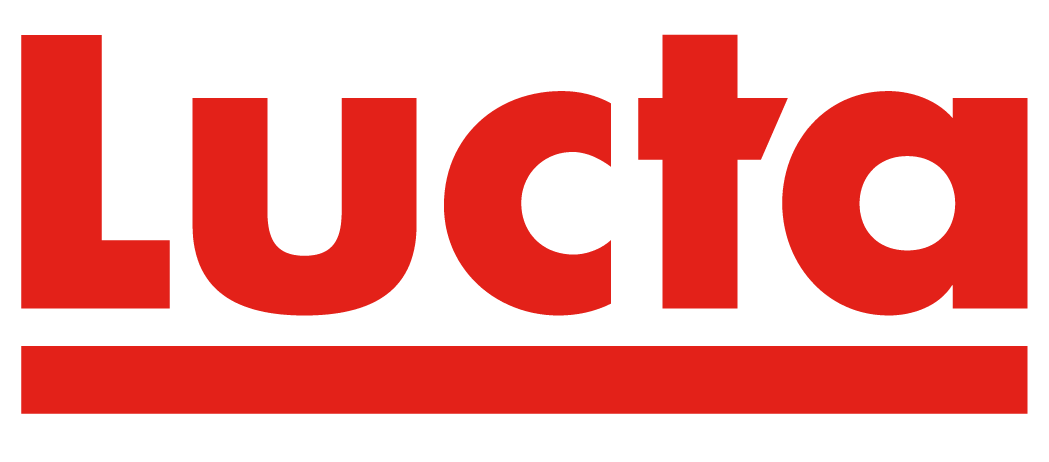Early weaning is a stressful event characterized by a transient period of intestinal atrophy that may be mediated by reduced secretion of glucagon-like peptide (GLP) 2. We tested whether enterally fed bile acids or plant sterols could increase nutrient-dependent GLP-2 secretion and improve intestinal adaptation in weanling pigs. During the first 6 d after weaning, piglets were intragastrically infused once daily with either deionized water (control), chenodeoxycholic acid (CDC; 60 mg/kg body weight), or β-sitoesterol (BSE; 100 mg/kg body weight). Infusing CDC increased plasma GLP-2 (P < 0.05) but did not affect plasma GLP-1 and feed intake. The intestinal expression of glucagon-like peptide 2 receptor, sodium-dependent bile acid transporter, farnesoid X receptor, and guanosine protein–coupled bile acid receptor genes were not affected by CDC treatment. The intragastric administration of CDC did not alter the weight and length of the intestine, yet increased the activation of caspase-3 in ileal villi (P < 0.02) and the expression of interleukin 6 (P < 0.002) in the jejunum. In contrast, infusing BSE did not affect any of the variables that were measured. Our results show that the enteral administration of the bile acid CDC potentiates the nutrient-induced secretion of endogenous GLP-2 in early-weaned pigs. Bile acid–enhanced release of GLP-2, however, did not result in improved intestinal growth, morphology, or inflammation during the postweaning degenerative phase. tech.service.fad@lucta.com
Autores: Ipharraguerre, I.R., Tedo, G., Menoyo, D. de Diego Cabero, N., Holst, J.J., Nofrarias, M., Mereu, A. and Burrin, D.G.
Libro/Revista: Journal of Nutrition 143(12):1899-1905
